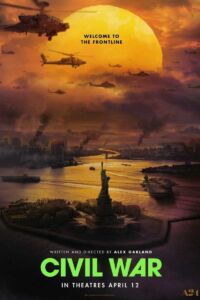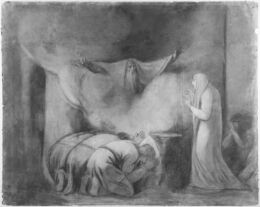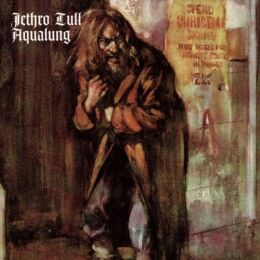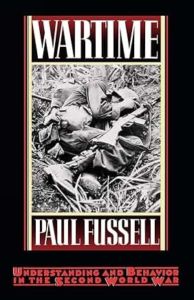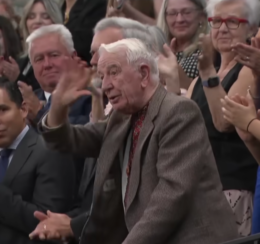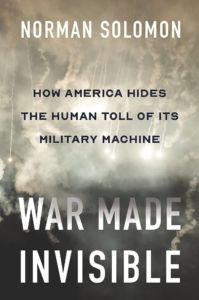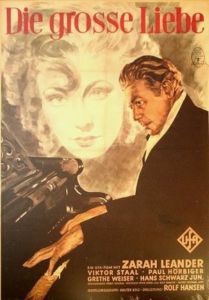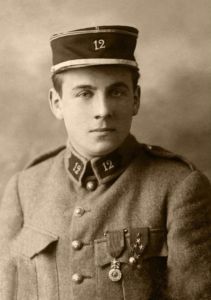1,922 words
When I look back on all of America’s wars, sometimes I wonder how many of them were justified. By entering a certain war, did America’s leaders truly have the welfare of the people in mind? Or were they more concerned about their own power and enrichment? I certainly don’t have the historical chops to exhaustively break down every war the United States has ever fought, but if there is one thing the dissident Right has taught me these past few years, it’s that when the government tells you it’s time for war, hold on to your wallet — because you’re likely to get fleeced. (more…)



